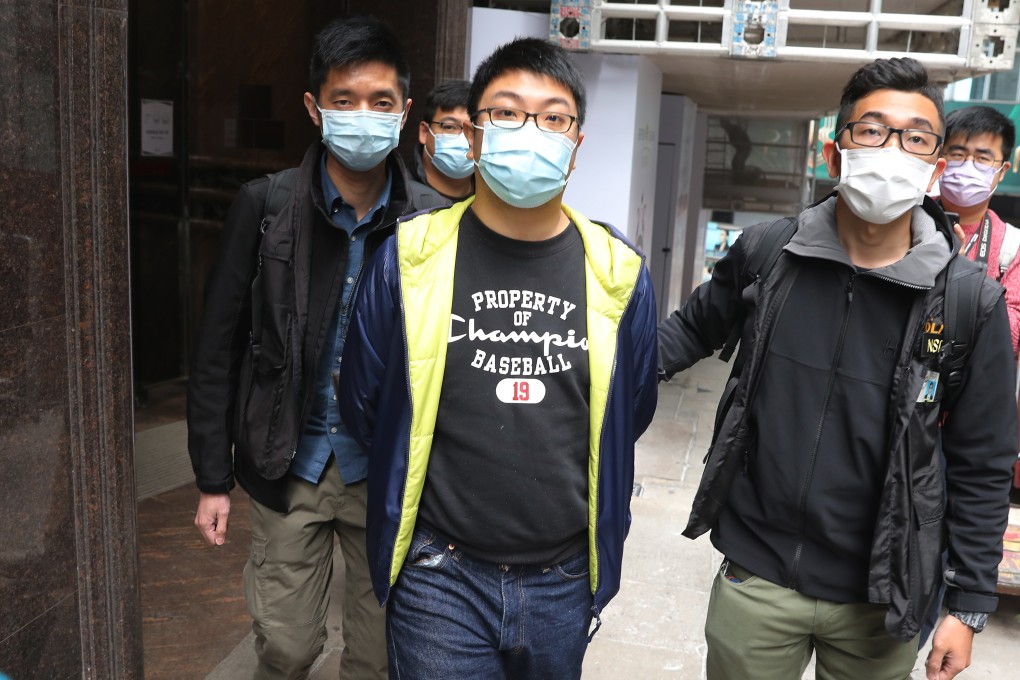Editorial | Solid evidence must be presented when handling Hong Kong arrest cases
- High-profile swoop on 53 opposition members suspected of breaking city’s national security law has caused concern, and officials should ensure matter is dealt with on a firm legal footing

The high-profile arrest of 53 members of the opposition on suspicion of breaking the national security law could prove to be a defining moment for Hong Kong. The cases will put the city’s legal system and the implementation of the security law to the test.
The stakes are high. The arrests involved raids across the city by almost 1,000 police officers, and among those held were 16 former lawmakers. Investigations are continuing. Meanwhile, four media organisations have been required to provide information to assist police inquiries.
This sweeping operation has, once again, shone the international spotlight on Hong Kong and sparked fresh questions about where the red lines lie under the security law passed by Beijing last year. The allegations are serious and the offences can lead to sentences of up to life imprisonment.
Those arrested were involved in last year’s primary run-off vote to select opposition candidates for the Legislative Council election, which was later postponed. Officials allege the primary was part of a subversive strategy intended to paralyse and ultimately overthrow the government, bringing chaos to Hong Kong.

03:04
Mass arrests of Hong Kong opposition lawmakers, activists under national security law
Among those arrested was Benny Tai Yiu-ting, one of the organisers of the 2014 Occupy protests, who is said to have outlined the strategy in a newspaper article. It was written before the passing of the security law while the primary took place after the law was enacted.
